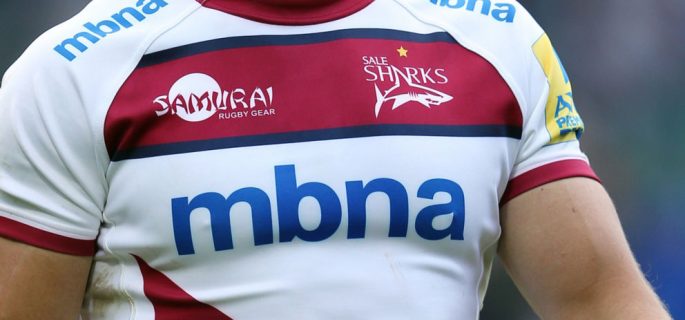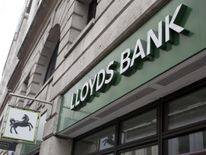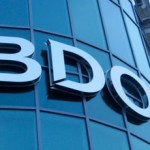Lloyds Banking Group paying £1.9bn for MBNA credit card business

Lloyds Banking Group has beaten other bidders to buy MBNA, one of the UK’s biggest credit card issuers, for £1.9bn.
The sale, by Bank of America, had attracted interest from the likes of Santander UK and HSBC but the process was hampered by concernsover MBNA’s exposure to the payment protection insurance (PPI) scandal.
Lloyds said the purchase would enable the group to “enhance its position and offering within the UK prime credit card market”. Its share price was 3% higher in late-morning trade.
MBNA holds assets of £7bn and its loan book is equivalent to roughly 11% of the UK credit card market.
The company has more than five million UK customers and issues cards under the brands of dozens of partners such as Virgin Atlantic Airways and the Premier League football clubs Arsenal and Liverpool.
It employs well over 1,500 staff at its base in Chester.
Lloyds said while it expected the deal to deliver a £650m increase to group annual revenues it also forecast cost synergies of around £100m per year within two years of the transaction completing.
It gave no details on what that would potentially mean for jobs.
Chief executive Antonio Horta-Osorio said: “The acquisition, funded through strong internal capital generation, increases our participation in the expanding UK credit card market with a multi-brand strategy and advances our strategic aim to deliver sustainable growth as a UK focused retail and commercial bank.”
The prospect of an MBNA takeover by Lloyds had prompted warnings from some City analysts that a deal could undermine its desire to pay a special dividend to shareholders at the end of the year.
Lloyds said on Tuesday that while it was confident in delivering a progressive and sustainable ordinary dividend, its approach to surplus capital distribution “will give due consideration to the Board’s view of the current level of capital required to meet regulatory requirements, cover uncertainties and grow the business, which will include the capital impact of this transaction”.
The taxpayer still has a stake in the bank which has been substantially reduced, from 43% to just under 7% currently, amid efforts to return the lender to private hands following its rescue at the height of the financial crisis.
Source: Sky News






























